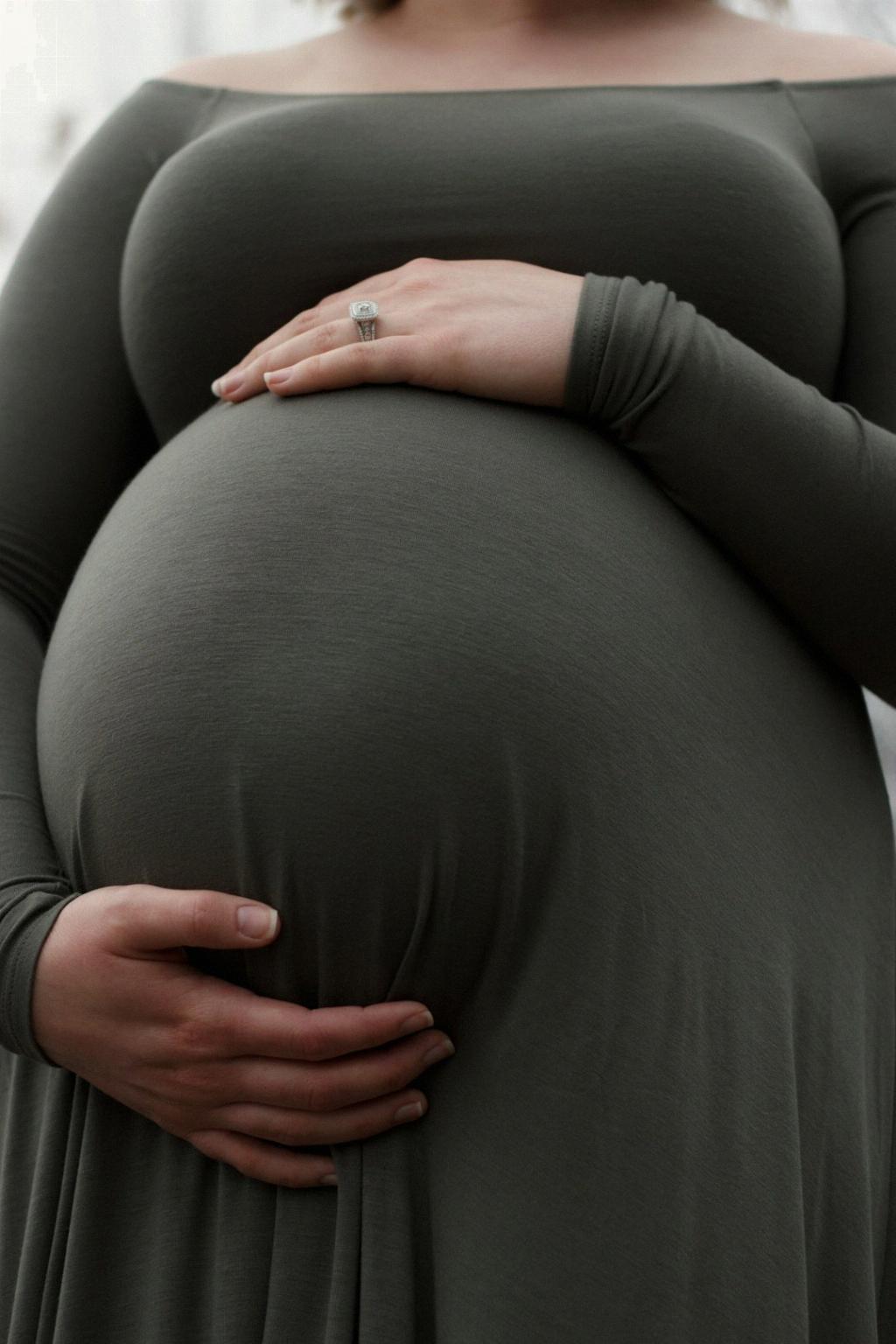When discussing the potential impact of a septate uterus on the occurrence of birth defects, it is essential to approach the topic with a nuanced perspective. While definitive conclusions may not yet be drawn, ongoing research suggests a plausible association between the two.
The Influence of Uterine Anomalies on Pregnancy
The uterus plays a vital role in supporting a healthy pregnancy, providing the necessary environment for fetal development. However, when abnormalities such as a septate uterus are present, it may introduce certain challenges that could potentially affect the overall outcome of the pregnancy.
The Relationship Between Septate Uterus and Birth Defects
Studies have explored the correlation between a septate uterus and the occurrence of birth defects, particularly focusing on severe limb reduction defects. While the exact mechanisms underlying this association remain unclear, researchers continue to investigate possible links between uterine anomalies and adverse pregnancy outcomes.
Understanding Septate Uterus: Definition and Implications
A septate uterus is characterized by a uterine septum, a partition that divides the uterine cavity. This structural abnormality can impact pregnancy by altering the shape and size of the uterine cavity, potentially affecting implantation and fetal development.
Potential Risks Associated with a Septate Uterus
Women with a septate uterus may face an increased risk of pregnancy complications, including recurrent miscarriages, preterm birth, and abnormal fetal presentation. These risks highlight the importance of early detection and management of uterine anomalies.
Diagnostic Approaches for Identifying Uterine Anomalies
Diagnostic tests such as hysterosalpingography, ultrasound, and magnetic resonance imaging (MRI) can help healthcare providers evaluate the structure of the uterus and identify potential abnormalities such as a septate uterus. Early detection enables timely intervention and management strategies.
Treatment Options for Septate Uterus
Management of a septate uterus may involve surgical intervention to remove the uterine septum and restore the normal shape of the uterus. By addressing structural anomalies, women with a septate uterus can potentially reduce the risk of adverse pregnancy outcomes.
Consulting a Healthcare Provider for Individualized Care
Women who have been diagnosed with a septate uterus or other uterine anomalies should seek guidance from a healthcare provider specializing in reproductive health. Personalized care and treatment plans can help optimize maternal and fetal outcomes during pregnancy.
Educational Resources and Support for Women
Access to reliable information and support networks can empower women with uterine anomalies to make informed decisions about their reproductive health. Educational resources and counseling services play a crucial role in fostering emotional well-being and resilience.
Research Perspectives on Uterine Anomalies and Pregnancy Outcomes
Ongoing research endeavors aim to deepen our understanding of the complex interplay between uterine anomalies, such as a septate uterus, and pregnancy outcomes. By advancing scientific knowledge in this field, researchers strive to enhance clinical practices and improve maternal and neonatal health.
Conclusion: Navigating the Complexities of Uterine Anomalies
In conclusion, while the relationship between a septate uterus and birth defects remains a topic of ongoing investigation, insights from current studies suggest a potential association that merits further exploration. By fostering interdisciplinary collaboration and research efforts, we can broaden our understanding of uterine anomalies and their implications for maternal and fetal health.

